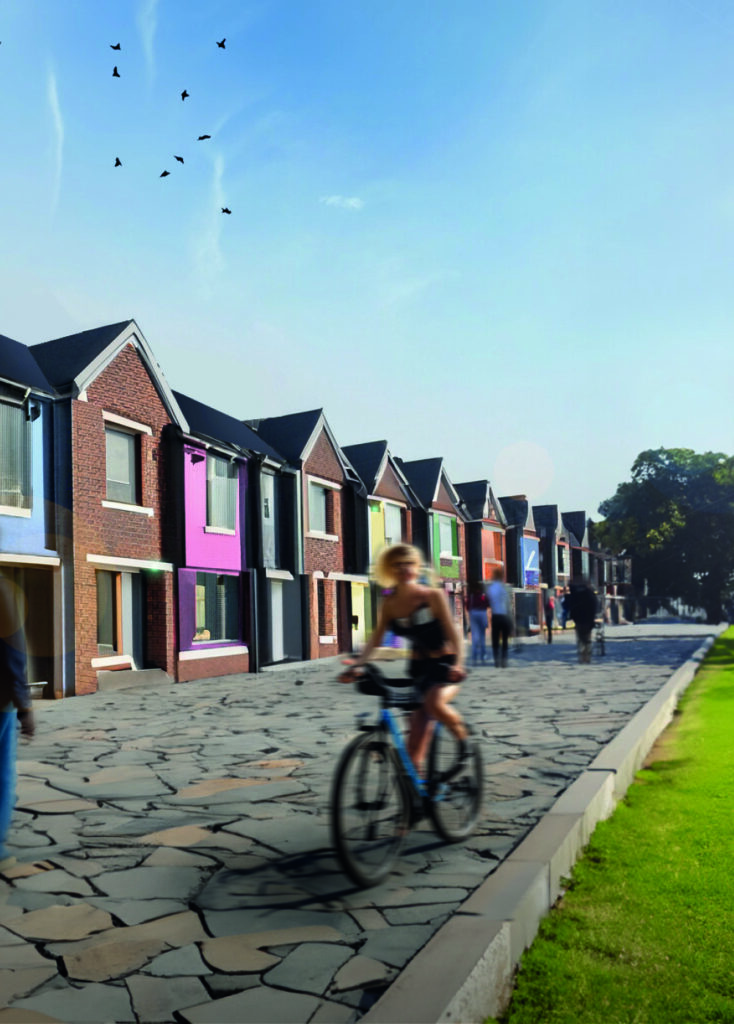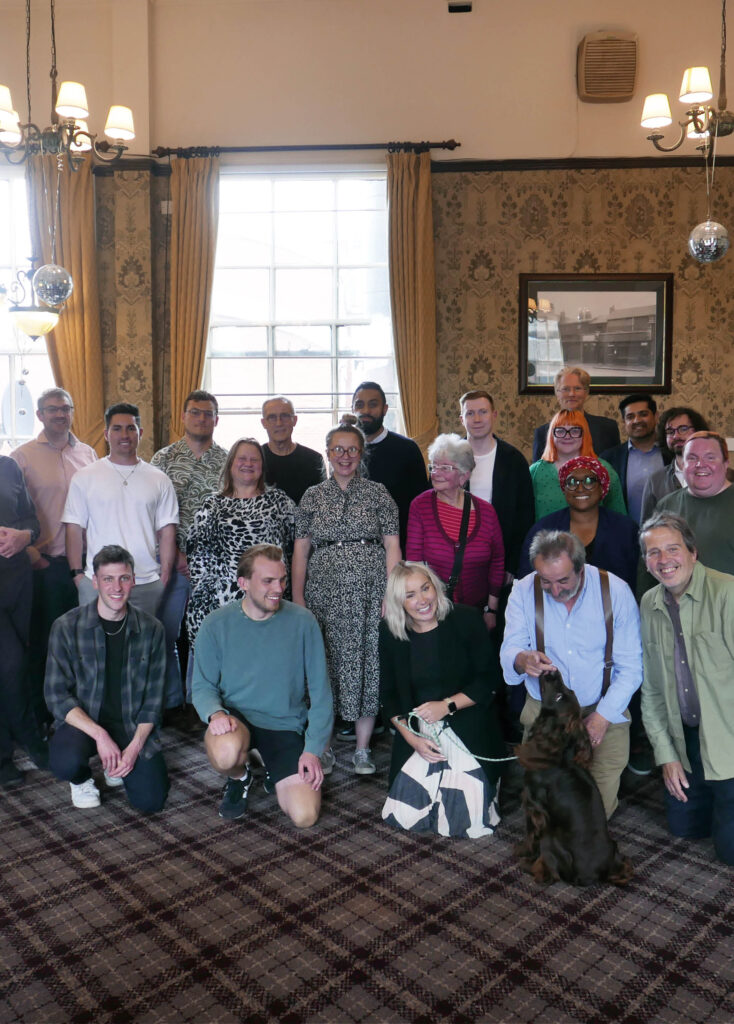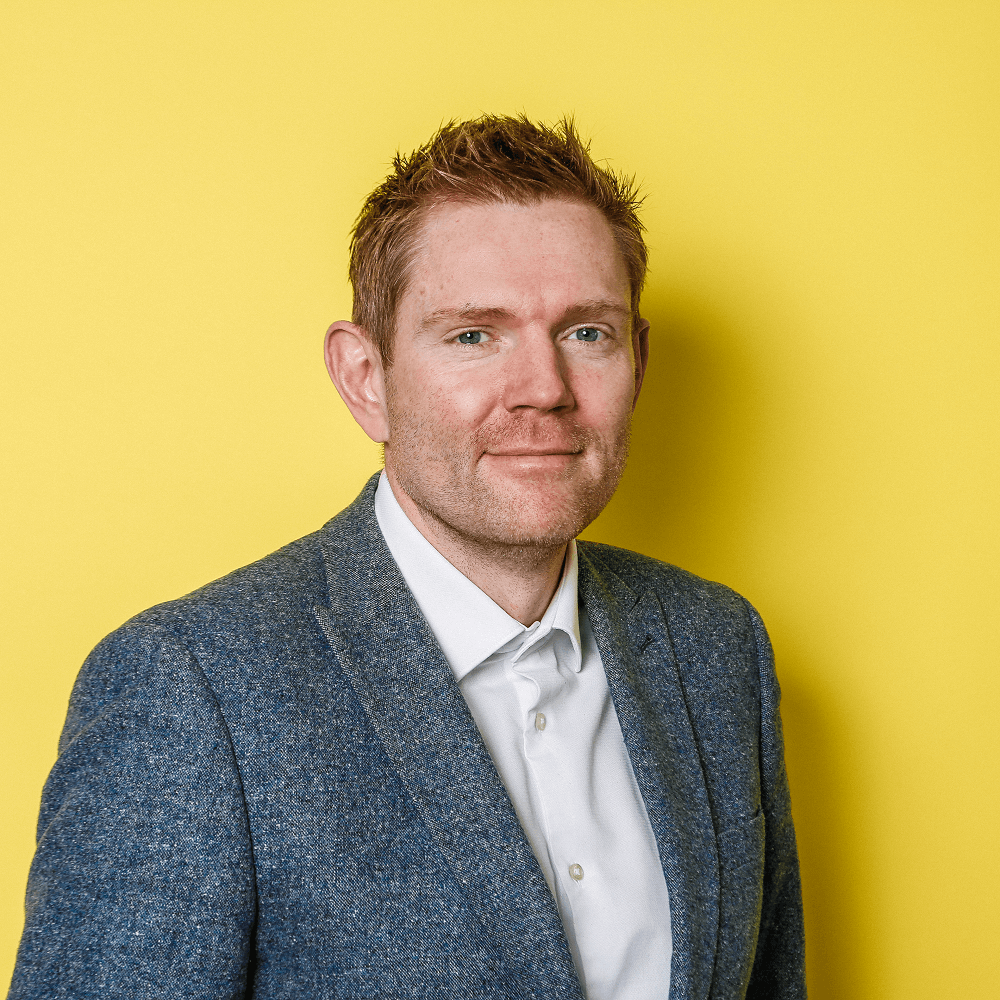Environmental, Social and Governance (ESG)

ESG is important to the built environment because it addresses sustainability, social responsibility, and ethical business
practices, contributing to the long-term success and wellbeing of the industry and its stakeholders.
From empowering international corporations to make a positive global impact to conducting cutting-edge R&D to reduce emissions, we help organisations to understand and implement sustainable practices in their operations that lead to improved environmental and social outcomes, enhanced stakeholder trust, and increased value.
Our ESG services
Embedding environmental, social and economic value
- Value-based strategy and framework development that benefit companies at an organisational and project level
- Guidance on ESG reporting and disclosure
- Crafting governance frameworks that prioritise ethical, sustainable and transparent operations
- Tailored training on how to define and balance social, environmental and commercial outcomes
Placemaking and engagement
- ESG vision and strategy development, rooted in comprehensive stakeholder engagement
- Community-driven revitalisation efforts, fostering collaboration among diverse stakeholders to unlock place-based impact
- Designing engagement strategies that build trust and foster collaboration between businesses and their communities
- Detailed socio-economic and local needs analysis
Social value
- Social value strategy development
- Robust social impact assessment, benchmarked against industry standards
- Data-driven insights, empowering clients with informed, evidence-based decision making
- Social value training and bid support for internal teams
Research and development
- Actionable insights and strategies to minimise the environmental footprint of projects and products
- Theory of change modelling
- Innovation planning and evaluation
- Guidance for businesses to integrate sustainable practices through their operations and supply chain
- Pioneering R&D to reduce the whole-life carbon profile of products and solutions
We played a pivotal role in the development the Construction Innovation Hub’s Value Toolkit, a potential game-changer in shifting the construction industry towards value-based decisions. Our leadership, along with our extensive network of influential stakeholders, guided this flagship project, reinforcing our expertise in delivering large and complex initiatives.
Discover more of our ESG projects below.











